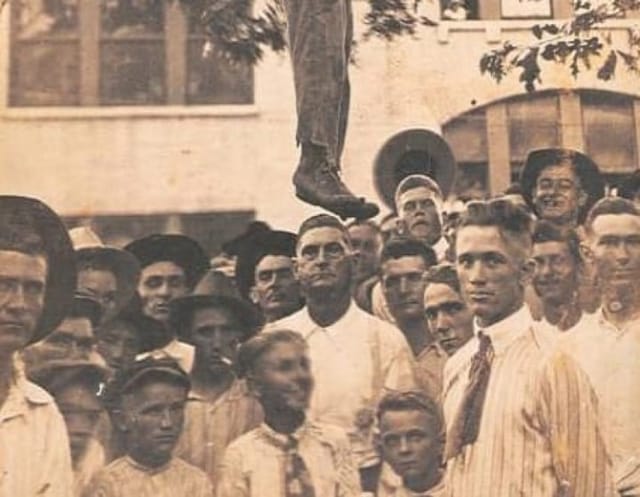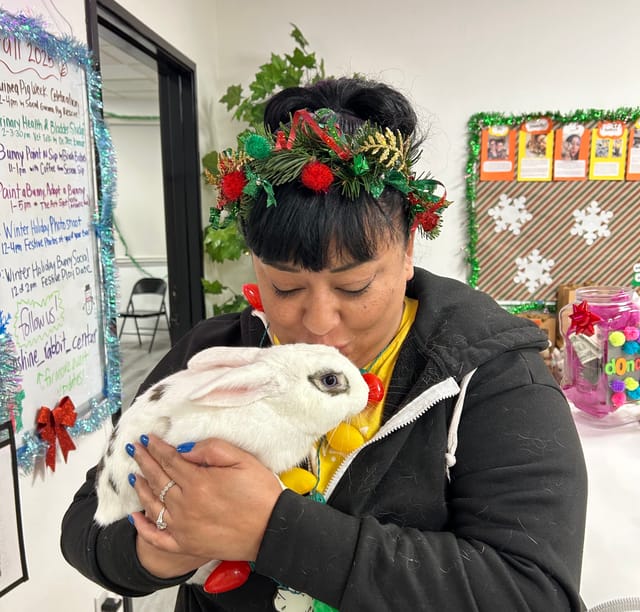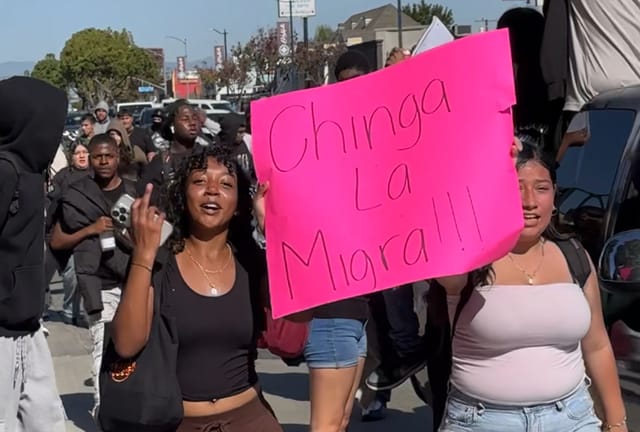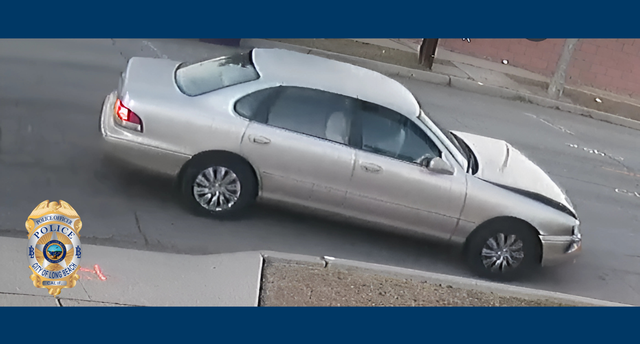Column: Widening freeways does not reduce traffic but it does hurt communities
LA Metro is still planning on widening the 605 Freeway despite data and community pushback.
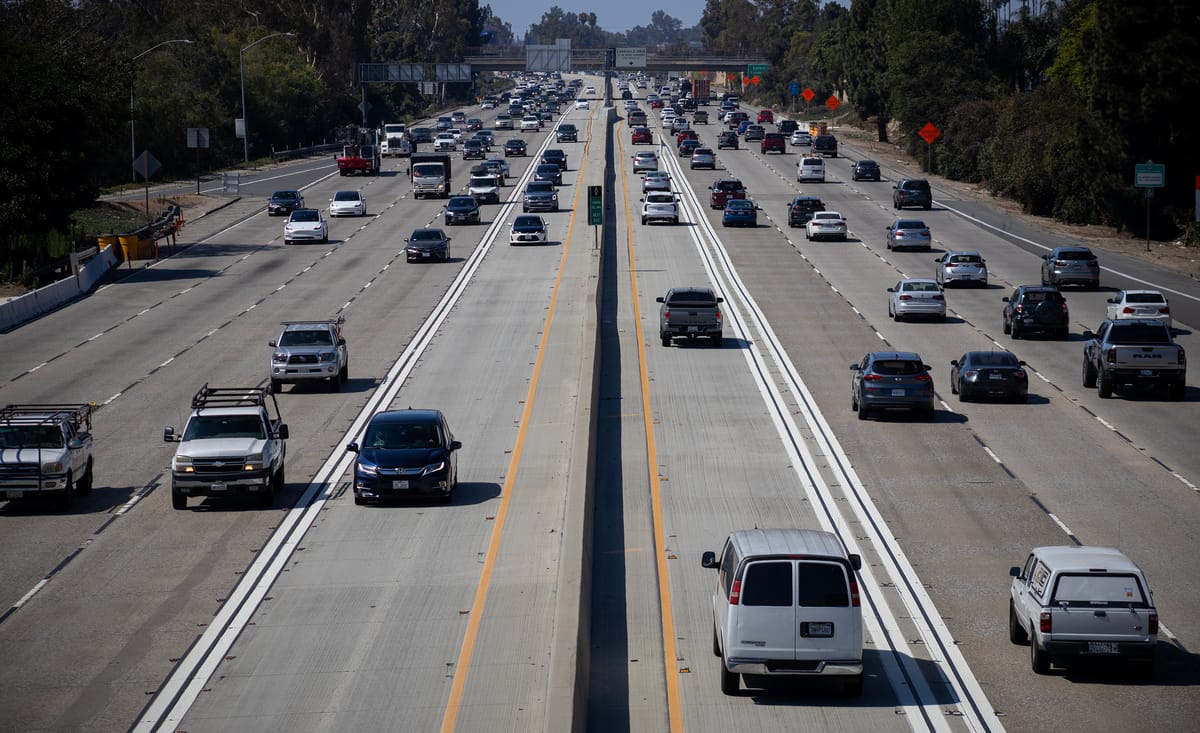
In the summer of 2020, I learned that LA Metro was considering plans to demolish hundreds of my neighbor’s homes as well as the elementary school I attended and the park I frequently played in to make way for a wider freeway.
The 605 Freeway expansion has been in the works longer than I have been alive, yet that summer was the first time I’d heard of it. I was horrified to learn that the Downey neighborhood I grew up in along the 5 Freeway could be destroyed to make space more for cars, so I rallied with neighbors, advocates and friends to put a stop to the expansion.
The proposal is part of the Los Angeles County Metropolitan Transportation Authority’s grand plan to improve miles of freeway in Southeast LA County through its I-605 Corridor Improvement Project. The improvement plan mostly advised widening sections LA Metro has designated as “hotspots” — areas where traffic frequently became congested or slowed such as along the 5 freeway in Downey, Santa Fe Springs and Norwalk.
Past studies, like this one, have shown that freeway expansions do not alleviate traffic congestion. This has been proven across the country, yet the federal government has funneled billions of dollars to transportation agencies for that purpose.
But while the Biden administration allowed greater flexibility for state and local transportation agencies to shift highway expansion funds to multi-modal transit projects, many agencies are moving forward with expansion projects despite overwhelming evidence that they’re wasting taxpayer dollars only for traffic to remain the same or worsen.
LA Metro has the power to shift money earmarked for car-dependent infrastructure to be invested in public transit. There is a proposed Rosemead-Lakewood BRT (bus rapid transit) Line that would take many people along the same route of the 605 and would connect people to existing Metrolink infrastructure. This is the kind of transportation planning that looks decades into the future while alleviating congestion, connecting communities and reducing the need for car dependency. These are the solutions to congestion and traffic that I want to see LA Metro spend valuable tax dollars on — not displacing families during a historic housing crisis to make more space for cars.
Southeast LA County is an area where many people have limited public transportation options, and those who are reliant on public transportation are being left behind by LA Metro’s choices.
By October 2020, the Metro Board of Directors unanimously ordered agency staff to return to the drawing board on this project and to engage with the community to better inform the plan. This was a huge win for public transportation, transparency and community engagement but the newest iteration of the I-605 Corridor Improvement Project has left me with more questions than answers.
The first community meeting was last week. Metro staff presented four project alternatives but staff still hasn’t been able to answer many of our questions, including whether or not the project will require the acquisition of private property. We have not had a chance to sit down with staff to discuss alternatives, like the opportunity to convert existing lanes into toll lanes similar to the 91 freeway and, more recently, the 405 freeway.
While I am grateful to the Metro board for their direction and guidance, I am unable to offer my best opinion on how the 605 project should move forward because staff has not answered the community’s questions. And it’s time they do.
To get involved in shaping how this project moves forward, visit the project website and join the online meeting July 16 at noon by signing up here. Another meeting is scheduled for July 18 at 6 p.m.
Alex Contreras is a transportation and housing advocate of the Happy City Coalition.
We need your support.
Subcribe to the Watchdog today.
The Long Beach Watchdog is owned by journalists, and paid for by readers like you. If independent, local reporting like the story you just read is important to you, support our work by becoming a subscriber.

